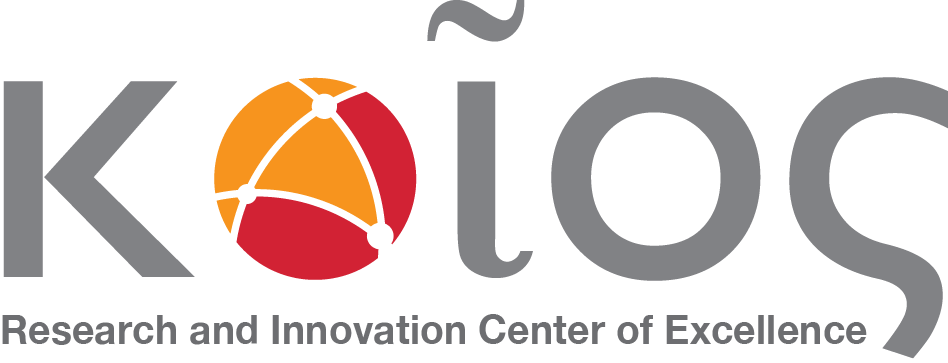
The KIOS Research Center is participating in an important EU research and innovation project to develop technology that can help medical services to be better prepared and able to respond to emergency situations appropriately and efficiently. Large-scale disaster situations and incidents such as the 2009 H1N1 influenza pandemic, the Fukushima tsunami, and even the very recent hurricane Sandy that hit the US east coast, highlight the important role of health services to respond to mass medical emergencies and casualty incidents. Healthcare systems have an essential role to play in the response to emergency situations which endanger the health and wellbeing of individuals. In all large-scale emergencies and disaster situations the consequences of health services being unprepared and/or poorly coordinated could be particularly dramatic in terms of casualties, diseases, as well as the mental health of the affected population, etc.
However, there are particular challenges to preparing essential parts of the healthcare system, such as hospitals and their partners, to prevent, as well as, to respond rapidly to such threats. Large-scale disaster situations causing mass casualty incidents are characterized by large numbers of same-type injuries which require immediate and simultaneous medical intervention and means of support such as ambulances, surgeries, specialists, diagnostic equipment, and others. These characteristics underline the need for enhanced communication between medical institutions and other organizations involved in disaster management. At the same time, the surge of demand for services to patients points to the need for better organization within hospitals concerning the deployment of specialists and the availability of medical supplies, transportation, rooms, and equipment.
While a variety of incidents may necessitate an emergency response, different types of such incidents (natural disasters, explosions, humanitarian crises, and others) mean a different framework for responders. While health responders are ubiquitous in their involvement with the response to an emergency situation, the parameters regarding how they are involved greatly differ with the type of threat represented.
The EU research project COncORDE (“Development of Coordination Mechanisms during Different Kinds of Emergencies”) aims to develop a Decision Support System (DSS) to help address some of thesechallenges. The aim is to develop a system with appropriate technological innovations, capable of strengthening the preparedness and interoperability of medical services during an emergency situation. The system aims to address a broad range of disaster preparedness and response challenges before, during, and after its occurrence. It will, also, lead to improvements in emergency management and crisis management systems and will assist decision-makers in using multiple predictive and factual data and information in order to extract reliable intelligence to guide their actions.
The designed support system will have a number of useful features. It will be adaptable to different environments and different types of incidents. It will incorporate existing operational assets related to security, trust, and infrastructure in order to build a more robust DSS. The system will also be tested through pilot installations and by specially trained end-users, helping to make the system more appropriate for future widespread application.
The project partnership is multidisciplinary, with participation of fourteen different organizations, from the UK, Greece, Portugal, Cyprus, Turkey, the Netherlands, Norway, Finland, and Belgium. The partnership combines the expertise of medical service operators, organizations directly involved in medical emergencies, research institutions, and software development companies. The coordinator of the project is Cambridge University Hospitals NHS Foundation Trust in the UK.
The KIOS project research team is being led by Professors M. Polycarpou, C. Panayiotou and G. Ellinas. The team will be leading the design of the overall CONCORDE systems architecture and will be making significant contributions to the analysis of stakeholder requirements, as well as in the testing and pilot evaluation of the system.
Project website: http://www.concorde-project.eu/
 The project is funded by the Seventh Framework Programme of the European Community for research, technological development and demonstration activities (2007-2013) – SECURITY
The project is funded by the Seventh Framework Programme of the European Community for research, technological development and demonstration activities (2007-2013) – SECURITY



